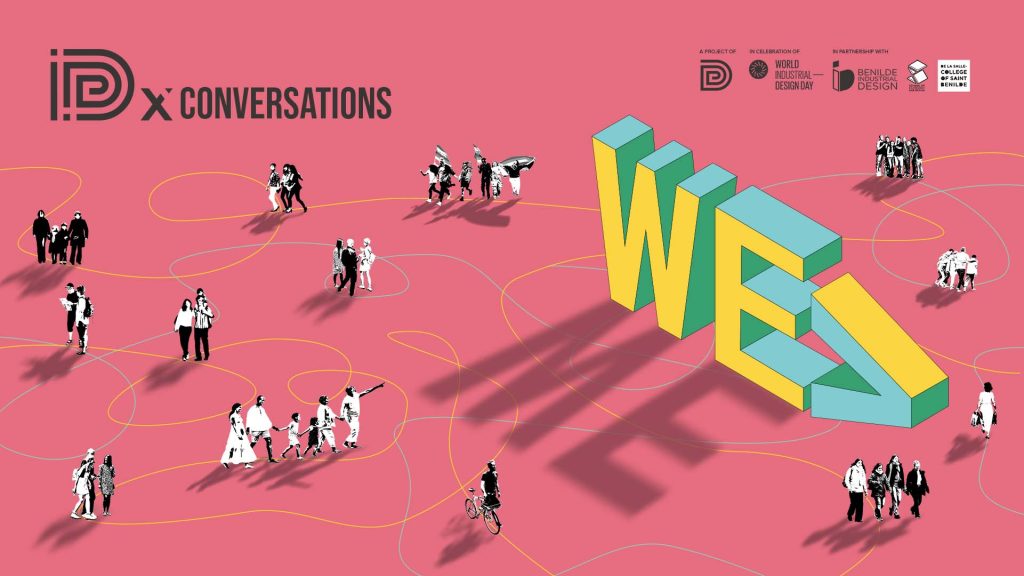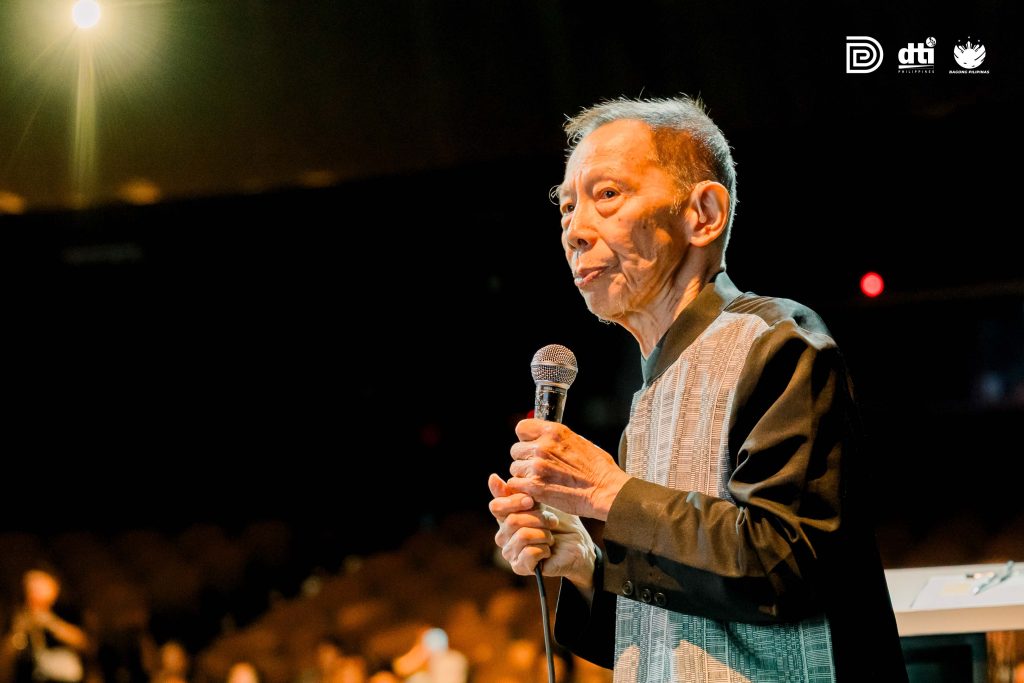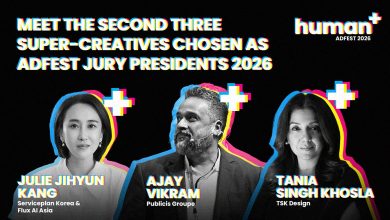MANILA, PHILIPPINES — In celebration of World Industrial Design Day, the DTI–Design Center of the
Philippines solidified its bold commitment to inclusive innovation and nation-building through design
with the successful staging of IDx Conversations 2025: We > Me, a high-level roundtable and public
platform that marked a historic shift in national policy thinking.

Now in its eighth year, IDx Conversations anchored on the core Filipino value of kapwa, or shared identity— setting the tone for the country’s first-ever National Design Policy. This groundbreaking initiative
reframes design not as a luxury but as a strategy for sustainable development, embedding ethical,
humanity-centered principles into governance, enterprise, education, and community building.


In her opening remarks, DTI-Design Center Executive Director Maria Rita Matute echoed the World
Design Organization’s (WDO) global call to “(Let’s) Get Ethical. She urged Filipino designers to be
values-driven and ethical in their practice, “so not only we can have good designers who solve problems
but develop great design that prevents problems.”

Culture advocate Prof. Felipe de Leon Jr. framed the first conversation with a cultural perspective on
kapwa, the Filipino psychology of shared identity, which fosters human dignity and interconnectedness.
“Kapwa is humaneness at the highest level,” he said. “The more one engages in it, the more the
goodness in others is evoked. It affirms the ultimate oneness of humankind.”
Felipe further emphasized that Filipino traditional culture, which places high value on emotional
intelligence, sharing, the common good, and connection, can serve as a good basis for design principles
in contemporary life. “Harnessing them and affirming their importance is to showcase Filipino identity
and dignity through design,” he added.



Paolo Mercado, Founder and President of the Creative Economy Council of the Philippines, expanded the conversation to policy, positioning design as a strategic lever for improving everyday life and contributing to national development. As Lead Policy Expert of the National Design Policy, Paolo detailed the five-year roadmap grounded in Filipino values like kapwa, malasakit, may puso, malikhain, madiskarte, mabusisi, and mahusay — a framework poised to unlock design’s full potential.



In a data release by the Philippine Statistics Authority (PSA), the Philippine Creative Economy
contributed PHP 1.94 trillion to the country’s Gross Domestic Product (GDP) in 2024 — an 8.7% increase
from the previous year. This growth underscores design’s important role in economic growth and nationbuilding, strengthening DTI-Design Center’s commitment to embed design into the national
consciousness and way of life, while pushing for the country’s first-ever National Design Policy.
“We must champion a Design Policy that makes good design a right for all and not a luxury for some,”
Paolo asserted.









